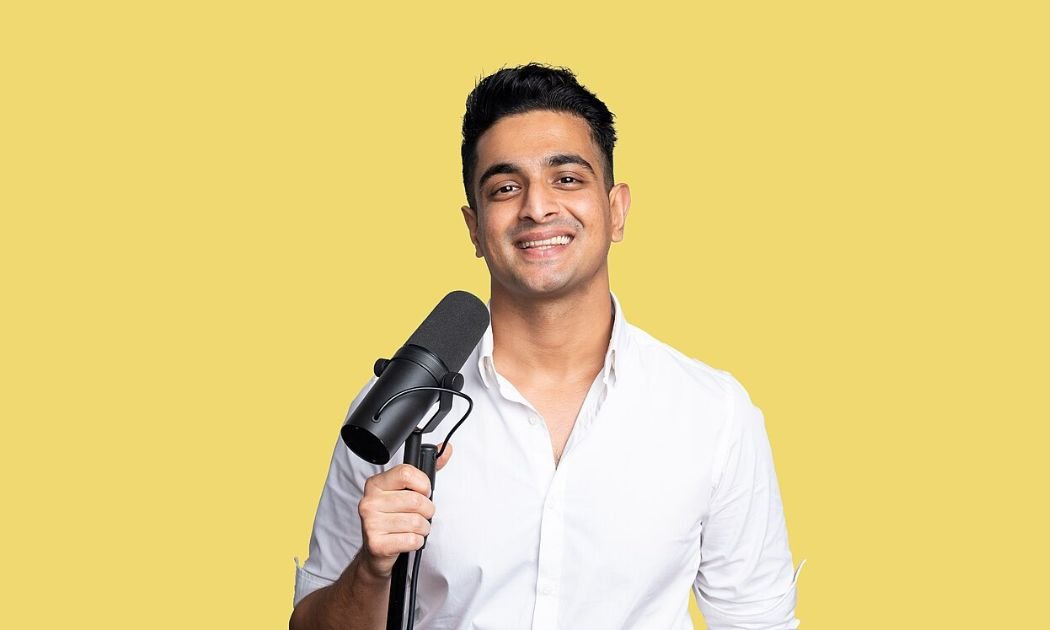Is the Targeting of Ranveer Allahbadia, Samay Raina a Prelude to Censorship?
News Regulations Being Demanded After Controversial Broadcast Bill’s Withdrawal
February 20, 2025Ranveer Allahbadia / Photo by Pranav.bansode01, via Wikimedia Commons
An op-ed in The Hindu by Apar Gupta, a lawyer and advocate for digital freedom, suggests that the central government might be leveraging controversies involving crude remarks made by YouTubers Ranveer Allahbadia and Samay Raina on their show, “India’s Got Latent,” to advocate for stricter regulation of digital media.
Multiple First Information Reports (FIRs) have been filed against them in various jurisdictions, including Maharashtra and Assam, on charges of promoting obscenity and engaging in vulgar discussions.
Allahbadia, known as BeerBiceps, appeared on an episode of comedian Raina’s YouTube show, and posed a provocative question to a contestant: “Would you rather watch your parents have sex every day for the rest of your life or join in once and stop it forever?”
The remark sparked significant backlash. In response, Allahbadia issued a public apology, acknowledging the inappropriateness of his comment.
The Supreme Court has granted Allahbadia interim protection from arrest but has barred him from airing any shows on YouTube or other platforms until further notice. He has been ordered to surrender his passport and is prohibited from leaving the country without court permission. Raina has removed all episodes of “India’s Got Latent” from his YouTube channel and has been summoned to appear before the National Commission for Women on March 11.
The Court called Allahbadia’s comment “a very dirty mind,” but legally, being offensive or morally wrong is not the same as being criminal, Gupta explains in the op-ed.
In a 2024 case, Apoorva Arora v. Govt. of NCT of Delhi, the Court dismissed criminal cases against an OTT show that used foul language, Gupta points out. It ruled that obscenity should be judged based on whether it actually provokes sexual or lustful thoughts, not just whether the language is polite. The Court made it clear that crude or offensive speech does not automatically count as obscenity.
Allahbadia’s remark, while inappropriate, is more of a crude joke than a criminal act, Gupta adds. However, public outrage and legal actions often take precedence over constitutional protections.
Another law being used against the show is Section 69A of the Information Technology Act, which allows the government to block websites, Gupta says, adding, however, that this law does not mention “decency and morality” as valid reasons for blocking content. This was pointed out back in 2010 when the government unsuccessfully tried to block the pornographic website “Savita Bhabhi.”
Now that the controversy has sparked debates about the boundaries of comedy and free speech in digital content, could it lead to the revival of the Broadcasting Services (Regulation) Bill?
The Ministry of Information and Broadcasting (MIB) introduced the initial draft in November 2023, aiming to replace the Cable Television Networks (Regulation) Act of 1995 and extend regulations to over-the-top (OTT) platforms and digital news broadcasters. A revised draft in July 2024 then proposed further expansions, including bringing individual content creators under its ambit.
However, the move faced significant backlash from online content creators, civil liberties groups and opposition parties, who argued it could stifle free speech and impose heavy compliance burdens. In response, the MIB withdrew the July 2024 draft in August 2024 and extended the consultation period for the original November 2023 draft until Oct. 15, 2024.
The Parliamentary Standing Committee of Information Technology, headed by the governing Bharatiya Janata Party lawmaker Nishikant Dubey, is urging the Ministry to propose new regulations and amendments, as noted by Gupta.

